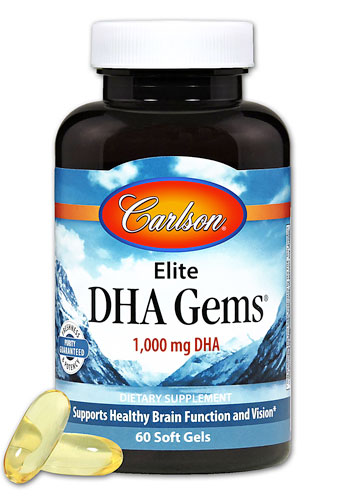Dementia is one of the cruelest medical conditions there is.
Generally speaking, dementia refers to a decline in our mental ability — such as memory loss — that’s serious enough to inhibit our day-to-day lives. Alzheimer’s is the most common type of dementia, according to the Alzheimer’s Association; it affects an estimated 5.7 million Americans.
Fortunately, you and I are not powerless when it comes to preventing dementia. What we eat and how much we move play a critical role.
For instance, a study released in 2016 by researchers at UCLA concluded that a healthy diet, a regimen of physical activity and a normal body mass index can reduce protein buildups that are tied to the onset of Alzheimer’s disease.
While diet and exercise may decrease our risk of developing Alzheimer’s and other forms of dementia, certain risk factors like age and genetics cannot be overcome, the Alzheimer’s Association says. But that doesn’t diminish the importance of diet and exercise in our quest to ward off dementia.
Dietary recommendations related to dementia should sound familiar to anyone who’s committed to healthy living.
“While there is no dietary magic bullet that will stop dementia, it appears that a diet rich in antioxidants, polyunsaturated and polyphenols found in fruits, veggies, fish, whole grains and nuts provides benefits to healthy aging, including memory,” says Trish Brimhall, a registered dietitian nutritionist.
Medical and scientific discoveries underscore the effectiveness of the Mediterranean diet in protecting the brain. As explained by the Alzheimer’s Association, this popular diet includes relatively little red meat and emphasizes whole grains, fruits, vegetables, fish, shellfish, nuts, olive oil and other healthy fats.
“Vegetables like spinach, kale, cauliflower and broccoli are packed with nutrients to help brain health,” says chiropractor Sean McCaffrey, an integrative health professional.
Registered dietitian nutritionist Julia Whelan says the MIND (Mediterranean-DASH Intervention for Neurodegenerative Delay) diet also can play a part in heading off dementia, as well as in lowering blood pressure and decreasing the risk of heart disease and diabetes. Berries are a key component of the MIND diet, thanks to their antioxidant properties, she says. Also prevalent in this diet are whole grains, fresh vegetables, and healthy fats like olive oil and fatty fish.
McCaffrey cites a 2015 study from Rush University showing that the MIND diet can help prevent Alzheimer’s and other types of dementia by as much as 50 percent. A bonus: The MIND diet promotes overall health and reduces stress.
The MIND diet comprises foods from the Mediterranean diet and the DASH diet, which is a salt-reduction plan.
“Followers of the MIND diet eat from 10 food groups. Like the Mediterranean diet, refined foods, white flour, fast food and unhealthy fats are rejected, and lots of green vegetables and whole grains are ingested, as well as beans and berries,” McCaffrey says. “Poultry and fish are eaten several times per week.”
Under the MIND diet, even a daily glass of red wine is encouraged.
Aside from a proper diet, a dementia-fighting plan should include regular exercise. This advice is backed by a number of research studies.
For instance, a study published in March 2018 in Neurology, the medical journal of the American Association of Neurology, showed that middle-aged women with a high level of physical fitness were nearly 90 percent less likely to develop dementia decades later, compared with women who were moderately fit. When the highly fit women did develop dementia, the disease showed up 11 years later than in women who were moderately fit.
“These findings are exciting because it’s possible that improving people’s cardiovascular fitness in middle age could delay or even prevent them from developing dementia,” the study’s author, Helena Hörder of Sweden’s University of Gothenburg, says in a news release.
McCaffrey notes that a group of studies indicates that for seniors, even a moderate level of aerobic exercise — such as walking or cycling — can aid in preventing dementia.
“Exercise that has people ‘cross the midline’ of the brain, such as using the right arm with the left leg, can be very helpful,” adds Gladys Frankel, an adjunct professor of psychology at Cornell and Dartmouth universities.
Types of exercise that fit the bill in this regard include dancing, tai chi and qigong, according to Frankel. These activities encourage different parts of the brain to work together, she says.




